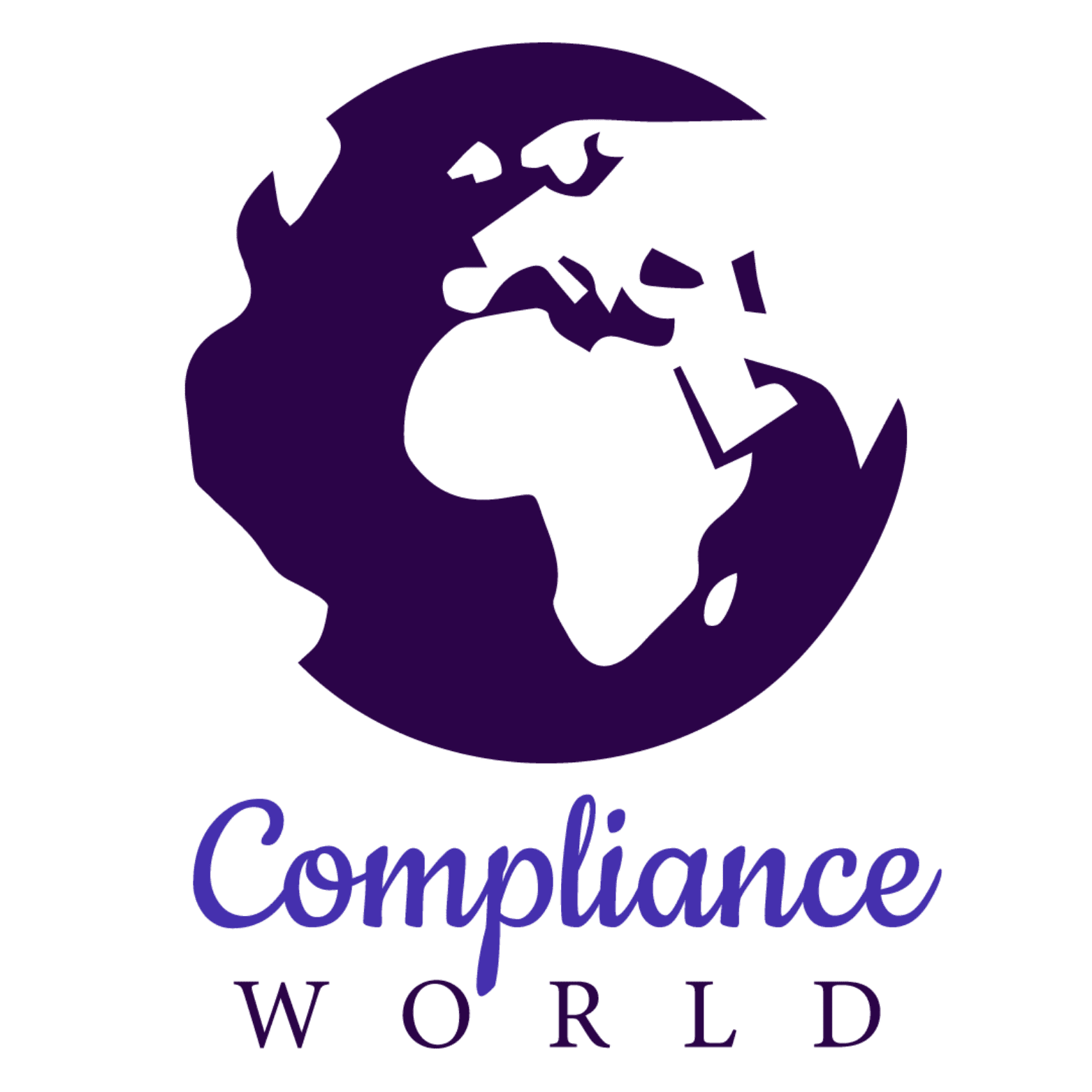
The Global Sanctions Analyst (GSA) certification prepares professionals to navigate international sanctions regimes, screen transactions, and manage compliance risks in global finance and trade. Participants gain the expertise to interpret complex sanctions frameworks, apply risk-based approaches, and ensure organizations remain compliant with evolving international regulations.
The Global Sanctions Analyst (GSA) program is designed for compliance officers, risk managers, auditors, legal professionals, and regulatory specialists who manage sanctions compliance in financial institutions, corporations, and government entities. With global sanctions regimes constantly evolving due to geopolitical shifts, organizations face heightened regulatory and reputational risks. Skilled sanctions analysts are essential to maintain compliance, mitigate exposure, and safeguard operations.
This certification delivers a comprehensive learning experience, covering:
Foundations of Sanctions Compliance: objectives, principles, and impacts on financial services and global trade.
Global Sanctions Frameworks: UN, OFAC (U.S.), EU, UK, and other regional authorities.
Sanctions Screening: name, transaction, and entity screening methodologies, including handling false positives.
Risk-Based Approach: assessing sanctions risks across customers, counterparties, products, and jurisdictions.
Sectoral Sanctions & Export Controls: restrictions affecting defense, energy, technology, and dual-use goods.
Evasion Typologies: red flags for circumvention via shell companies, crypto, trade-based schemes, and intermediaries.
Technology & RegTech: applying AI, blockchain analytics, and screening solutions to enhance compliance effectiveness.
Case Studies & Enforcement Actions: lessons from major global sanctions breaches.
Governance & Reporting: establishing internal controls, escalation protocols, and regulatory communication.
Graduates of this program will be awarded the designation Global Sanctions Analyst (GSA), demonstrating their ability to safeguard organizations against sanctions breaches, manage cross-border risks, and align with international best practices. This credential enhances professional credibility, supports career advancement, and builds expertise in one of the most critical areas of global compliance.


